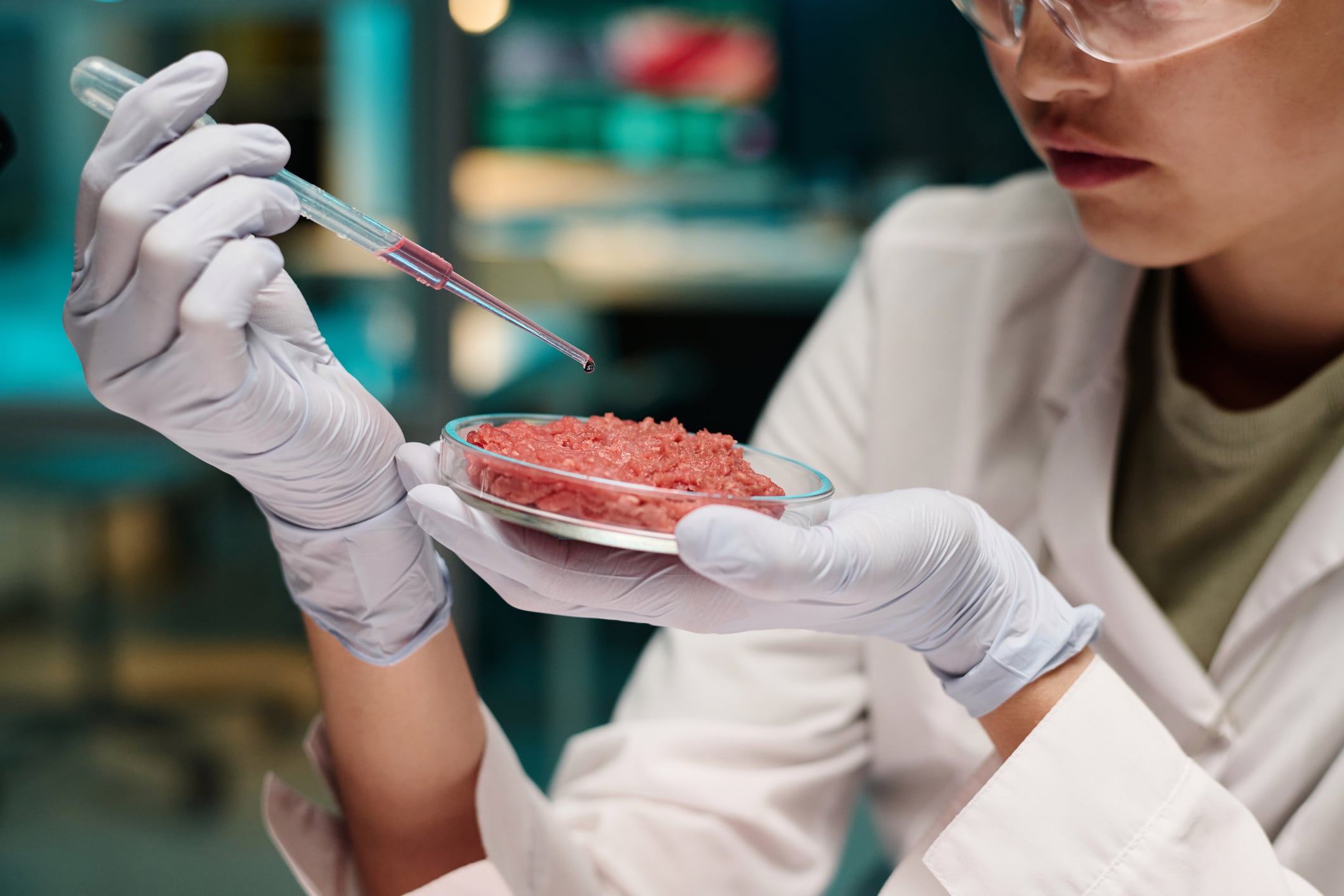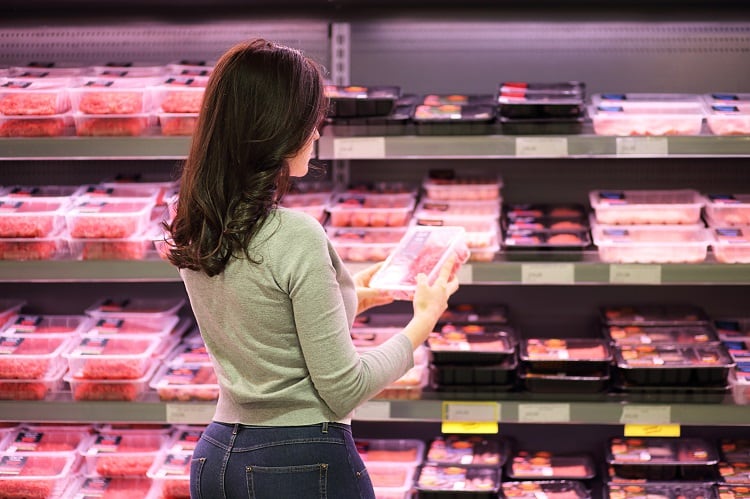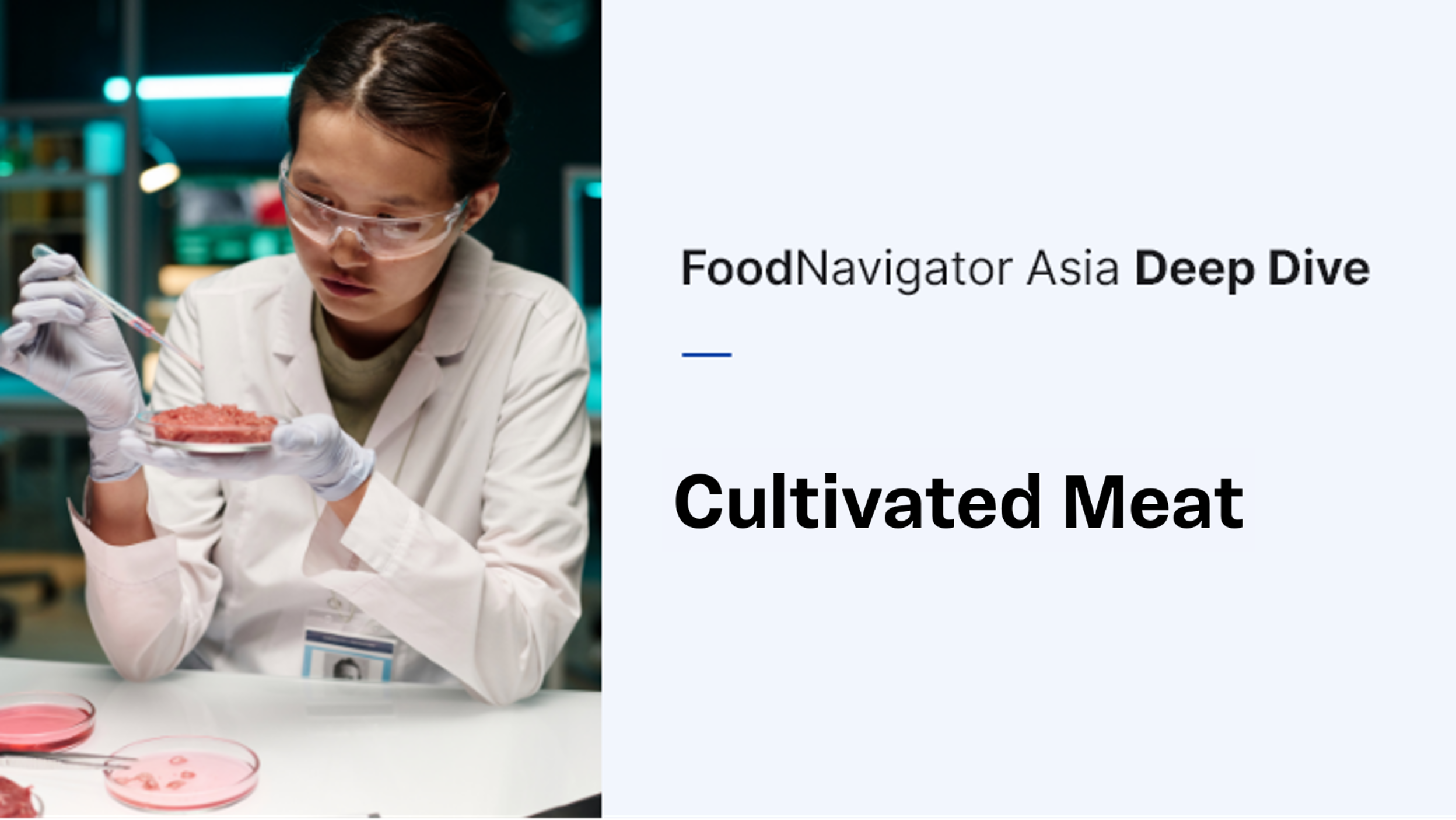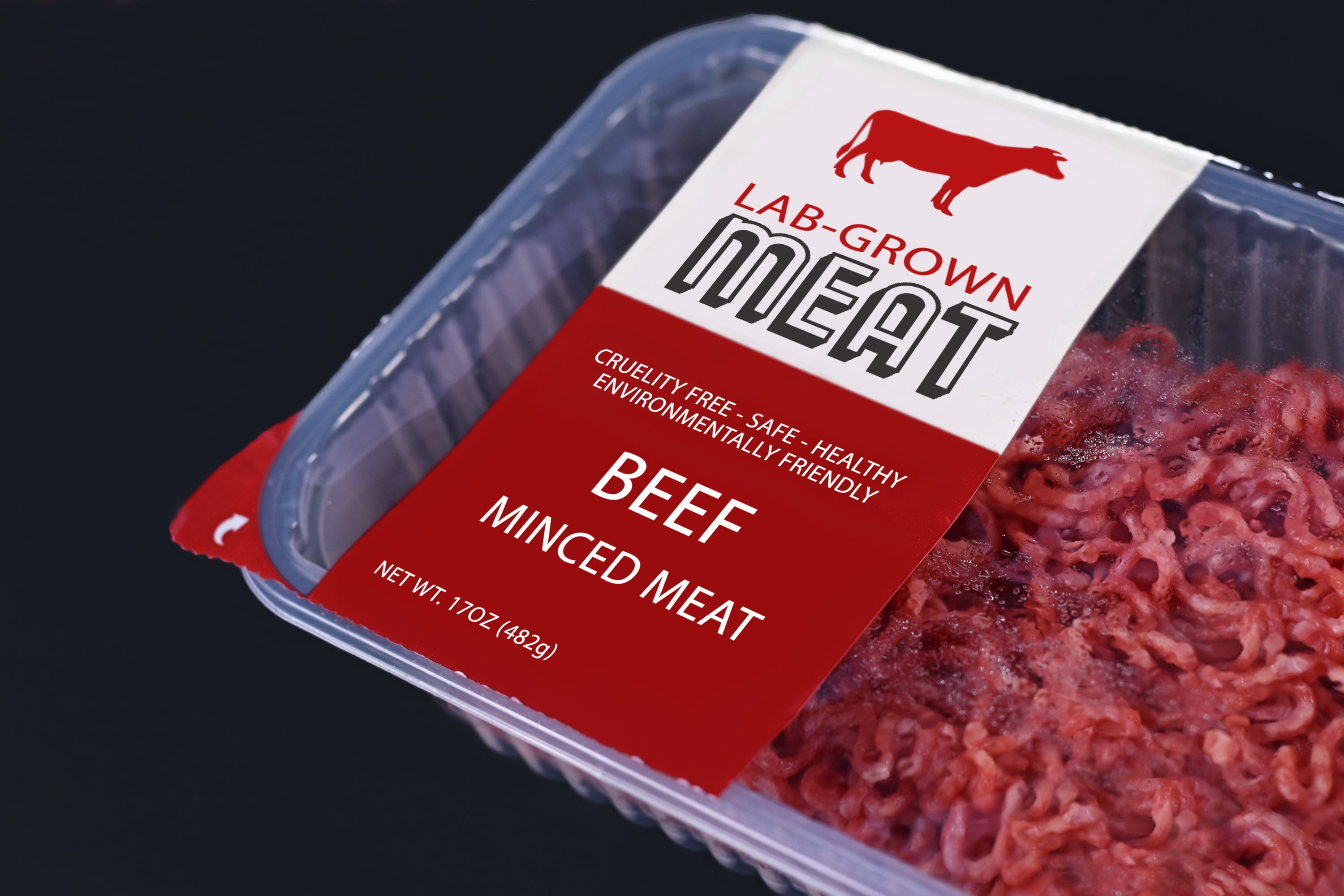The firm sees potential in the growing demands of the global Muslim population, who are seeking better-for-you and sustainable food options.
Simple Planet CEO Dominic Jeong shared that extensive research and discussions with potential customers revealed a significant opportunity in the Halal market.
“The Muslim population is growing, and they tend to be selective about their food choices. This made us focus on catering to them,” said Jeong.
The firm is pursuing a dual-pronged market strategy – B2B partnerships for its cell-based ingredients and a B2C expansion through its in-house brand Balboa Kitchen.
“Our go-to-market strategy is a hybrid model, combining both B2B and B2C approaches depending on the product.
“For our cell-based protein and fat, we’re focused on B2B. Our goal is to produce at scale and collaborate with food conglomerates to enhance the nutritional profile of their existing products.
“These ingredients are highly concentrated and can be applied to snacks, beverages, ready meals, and more. We believe that partnering with conglomerates — including companies like CJ, Nongshim, Pulmuone, and Nestlé — can be a strong path forward for our B2B model."
On the B2C side, the firm created the in-house e-commerce brand Balboa Kitchen, which sells fibre and protein products such as granola snack packs and protein corn chips.
It was launched in January 2024 and is seeing average monthly sales of 300,000 units of products in Korea.
This, according to Jeong, is a very promising growth rate, and indicates a strong demand for functional foods.
“Although our current Balboa Kitchen offerings do not yet include cell-based ingredients, we’re using conventional food ingredients to show that functional products can be tasty and accessible.
“Given the positive response, we’ve decided to expand Balboa Kitchen into other countries like Thailand, Indonesia, and Singapore – mostly in Southeast Asia.”
Jeong confirmed plans to initiate operations in the Middle East by Q4 this year, with a longer-term goal of entering North America once the Asia strategy matures.
Latest developments for B2B market
At the same time, the firm is actively working toward Halal certification as part of its regional expansion plan.
The firm reached a significant milestone with its recent development of a serum-free culture medium using probiotics-derived metabolites.
This can be used to replace fetal bovine serum (FBS) – a traditional cell culture medium that is derived from cow’s blood, which is explicitly prohibited, or haram, in Islam.
Removing animal-derived components like FBS could therefore align the firm’s products with Halal standards.
The idea of using secretomes derived from probiotics – bioactive compounds released by probiotics – remains relatively unexplored in the industry, said Jeong.
He explained that the idea came from drawing parallels between the human gut microbiome and how cells are cultured, leading the firm to test whether probiotic secretomes could support cell growth.
“We saw a connection between what happens in our microbiome – with probiotics and prebiotics – and how cells grow, and we saw potential there.”
The company’s R&D team replaced traditional growth factors with secretions from probiotics, achieving promising results in early tests. “We’ve been adjusting the nutritional profile, adding amino acids and removing certain components, to refine the formula,” Jeong said.
The current version of their medium reaches around 65–75% of the efficiency of traditional methods using FBS, meaning it produces about 70% of the same number of cells in the same culture period.
Jeong emphasised that this technology could have a global impact, as the Muslim population is widespread, making Halal certification an important step for the company’s expansion.
The firm also signed a Memorandum of Understanding (MOU) with the Halal Science Center (HSC) at Chulalongkorn University in Thailand to collaborate on Halal certification for cell-based food products and global market expansion.
He emphasised that consumer demand for wellness products, as well as regional focus on sustainability, particularly in the Middle East, are driving the company’s strategic direction.
In preparation, Simple Planet is also developing embedded technologies – integrated systems or innovations built directly into their production processes or products – to support more sustainable food solutions tailored for the region.
“From a consumer perspective, Korean beauty and wellness trends continue to expand across Southeast Asia and the Middle East.
“As for the business side, the Middle East has always shown strong interest in sustainability. That’s why we want to introduce a sustainable food production system there.
“We’re developing embedded technologies, although I can’t share details yet — but they’ll definitely support our Middle East plans,” said Jeong.





